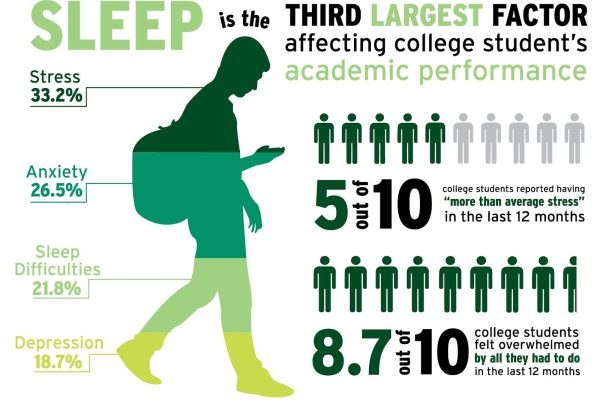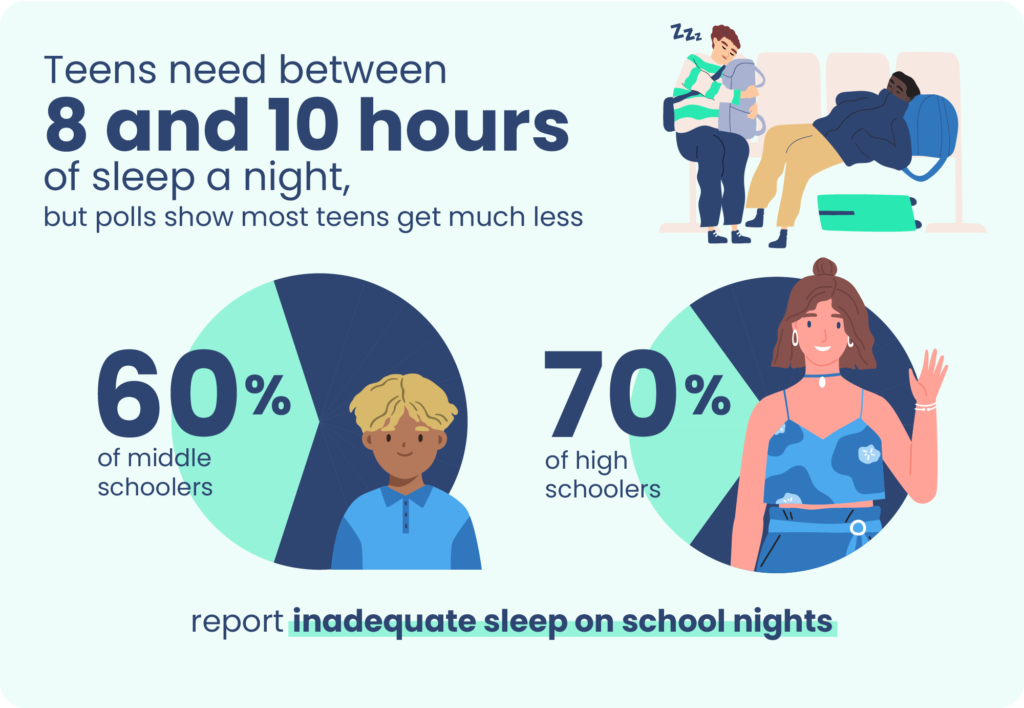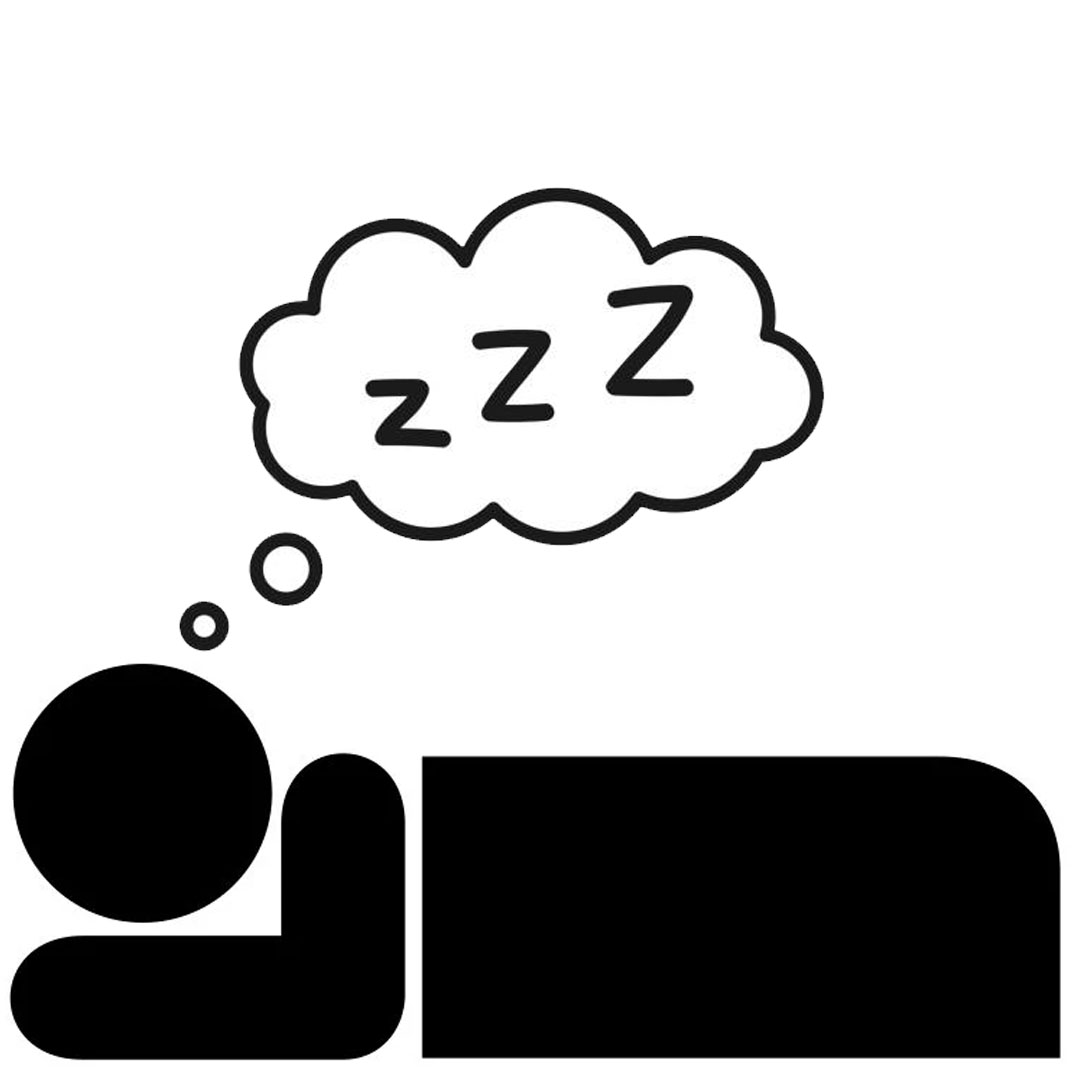Students who want to be successful should prioritize getting enough sleep. During sleep, your brain sorts through information, a process called memory consolidation, which helps you remember what you learned. A well rested brain is also better prepared to learn new things the next day.
Sleep also impacts how well students think. Lack of sleep diminishes your attention span, impacting your ability to focus. It can also impair decision making and increase stress. Most students need 8 to 10 hours of sleep per night for optimal performance.
Prioritizing sleep isn’t just about feeling good; it’s a powerful tool for academic success. Going to bed and waking up consistently, and avoiding screens before bed, can significantly improve sleep quality. Students should focus on time management so that they do not fall into the trap of staying up late to study for a test; a futile effort.

Creative Commons Image
The connection between sleep and student performance is an important topic in educational psychology. Research shows that getting enough sleep is vital for cognitive functions like memory, attention, and problem-solving skills. These skills are critical for academic success.
Lack of sleep can cause reduced concentration, higher stress levels, and poor decision-making, which can hurt a student’s performance in school. Additionally, the quality of sleep matters as much as the amount; good sleep cycles help with emotional control and resilience, which are important for handling academic demands.
As students often deal with pressures from classes and extracurricular activities, knowing about sleep can help them prioritize rest and improve their academic results. By developing healthy sleep habits, students can boost their learning experiences and overall well-being, making sleep a key part of their education. Derek Brown, a sophomore at Saint Thomas Aquinas High School, states, “When I get 8-10 hours of sleep I tend to do better during school, especially for tests.”







